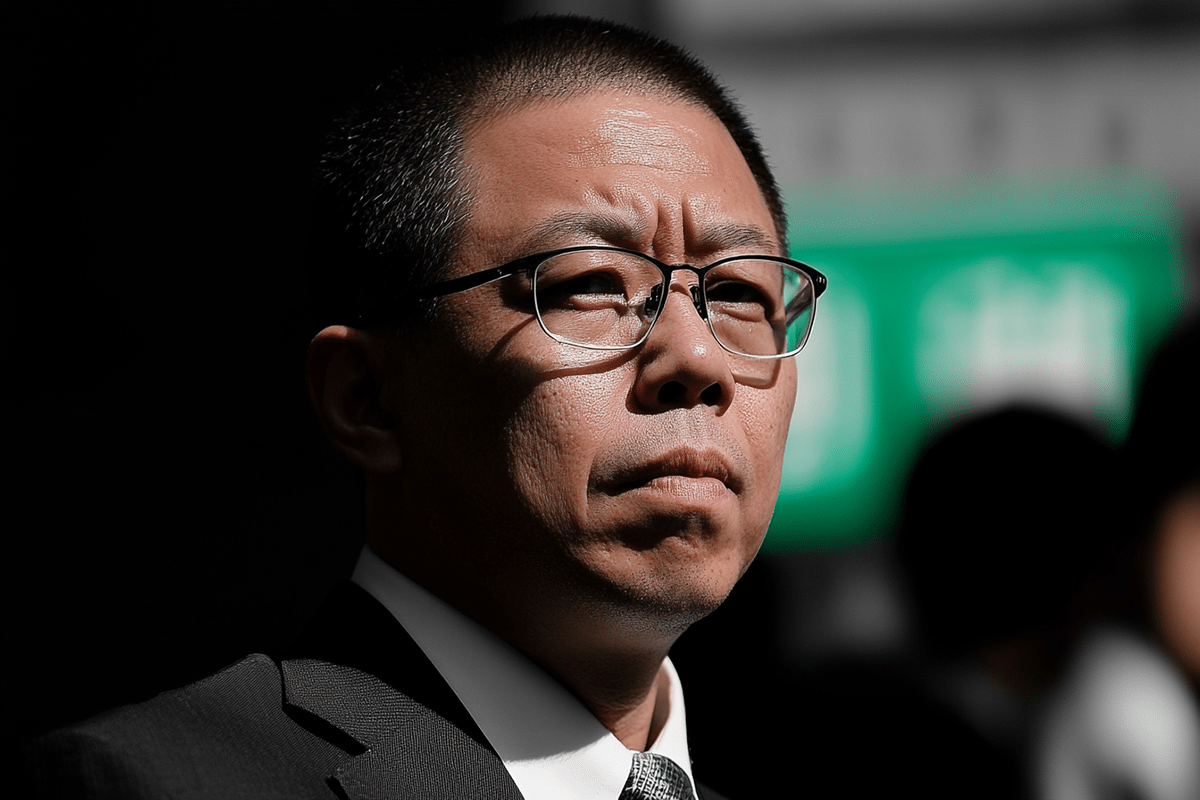China’s richest man, Zhong Shanshan, founder of the beverage giant Nongfu Springs, has issued a rare and pointed critique of online shopping platforms and government inaction as the country grapples with economic difficulties. His remarks, which have been partially censored by state media, shed light on the growing tensions between businesses, consumers, and regulatory policies in the world’s second-largest economy.
Targeting Online Price Wars
Zhong Shanshan expressed concerns over price wars initiated by e-commerce platforms, which he argued have severely harmed various companies and industries. Platforms like Pinduoduo, known for their highly competitive pricing, were highlighted as examples of this harmful trend. Zhong emphasized that the aggressive discounting practices have disrupted China’s pricing systems, damaging the reputation and stability of local brands.
Pinduoduo, owned by PDD Holdings, has seen meteoric growth by capitalizing on penny-pinching consumers amidst slowing economic growth and dwindling job opportunities. While the platform’s affordability has resonated with cost-conscious buyers, its impact on broader industry health and pricing structures has drawn criticism.
Government Inaction Under Scrutiny
Zhong also directed criticism at the Chinese government for failing to address the adverse effects of these industry trends. He described this lack of intervention as negligence, suggesting that regulatory oversight could have mitigated the detrimental pricing practices. Such public critique of the government is exceedingly rare among Chinese business leaders due to the risks involved.
The remarks come at a time when China’s economic challenges, including slowing growth and changing consumer behavior, are forcing brands across the board to adopt steep discounts. The trend has not only reshaped spending patterns but also created ripple effects across industries, from local businesses to global companies targeting China’s premium markets.
Echoes of Past Corporate Criticism
Zhong’s comments evoke parallels with other high-profile clashes between Chinese business tycoons and government regulators. In 2020, Alibaba co-founder Jack Ma faced severe consequences after publicly criticizing China’s financial system. The backlash led to the cancellation of Ant Group’s $37 billion IPO and triggered a broad crackdown on the tech sector. Pinduoduo, among other firms, also felt the regulatory squeeze during that period.
Despite the risks, Zhong’s decision to speak out reflects the mounting frustrations of business leaders struggling to navigate a challenging economic landscape shaped by both market forces and policy gaps.
A Tough Year for Zhong Shanshan
Zhong’s remarks come at the end of a difficult year for the billionaire. Earlier in 2024, he faced a nationalist campaign accusing him of lacking patriotism. The attacks took a toll on Nongfu Springs’ sales and market value, wiping tens of billions off its capitalization. The backlash also briefly cost Zhong his title as China’s richest individual, as Pinduoduo’s founder, Colin Huang, surpassed him on the wealth rankings.
Despite these setbacks, Zhong has regained his position as the richest man in China, with a net worth of $52.2 billion, according to the Bloomberg Billionaires Index. However, his criticisms highlight the broader challenges faced by Chinese businesses in adapting to the rapidly shifting economic and regulatory environment.
Changing Consumer Behavior
China’s slowing economy has driven a significant shift in consumer behavior, with many opting for budget-friendly options. This trend has prompted brands, including Western luxury companies, to offer more discounts and deals to retain market share. While platforms like Pinduoduo have benefited from this shift, the long-term sustainability of such practices remains a point of contention among industry leaders.
Zhong’s critique underscores the growing complexity of China’s economic environment, where businesses must balance the demands of increasingly frugal consumers with the need for sustainable pricing strategies. His rare public rebuke of both the private sector and government regulation serves as a stark reminder of the challenges ahead for one of the world’s largest economies.

